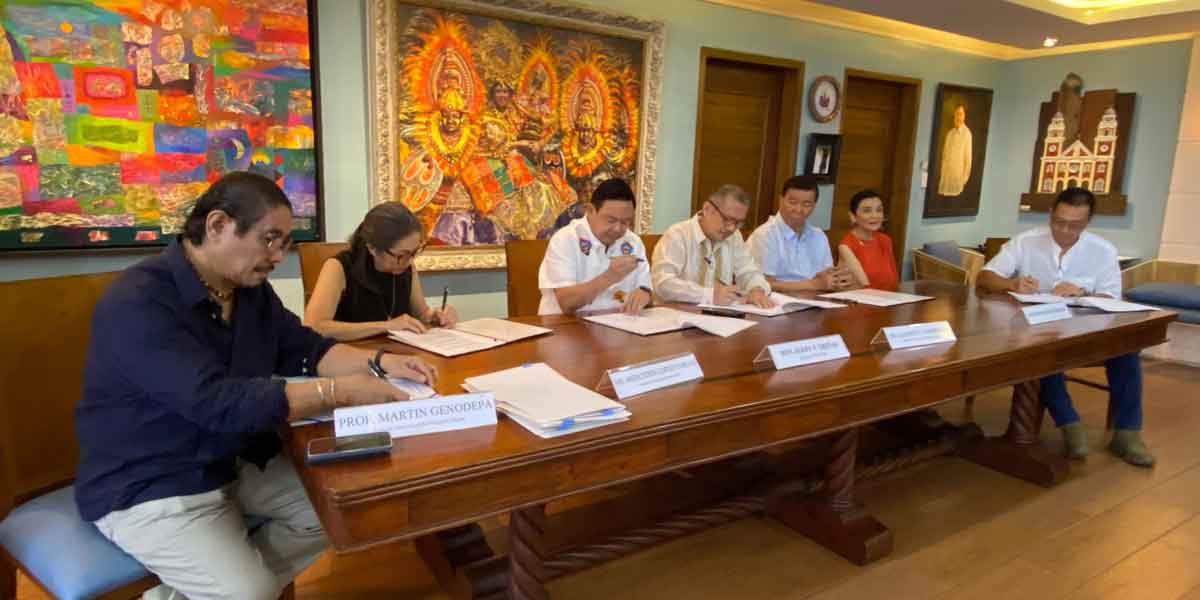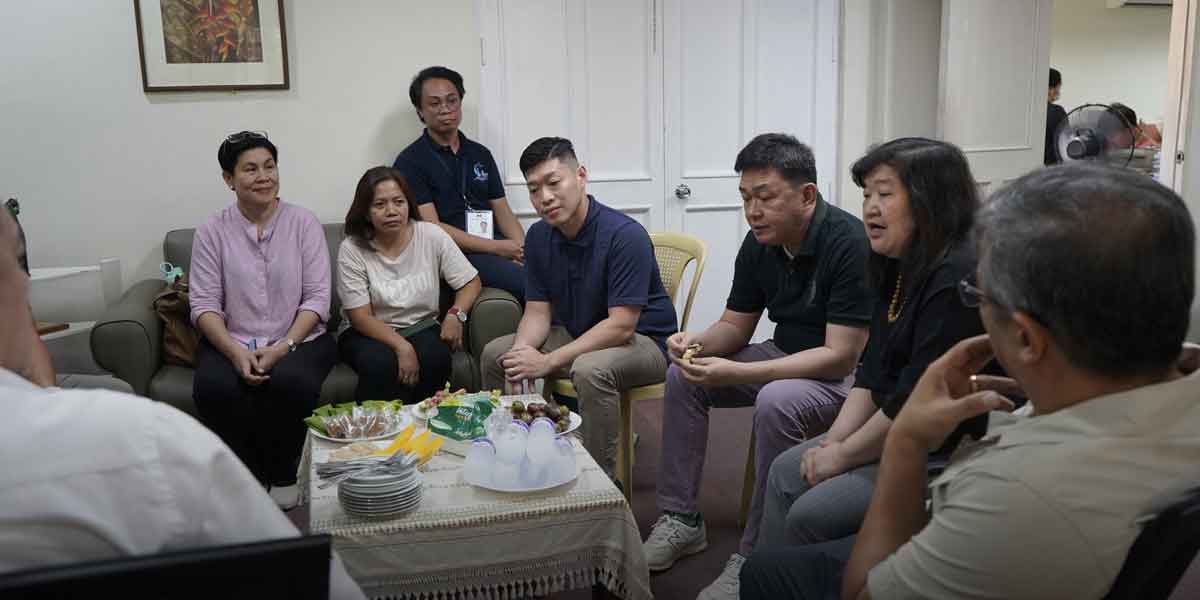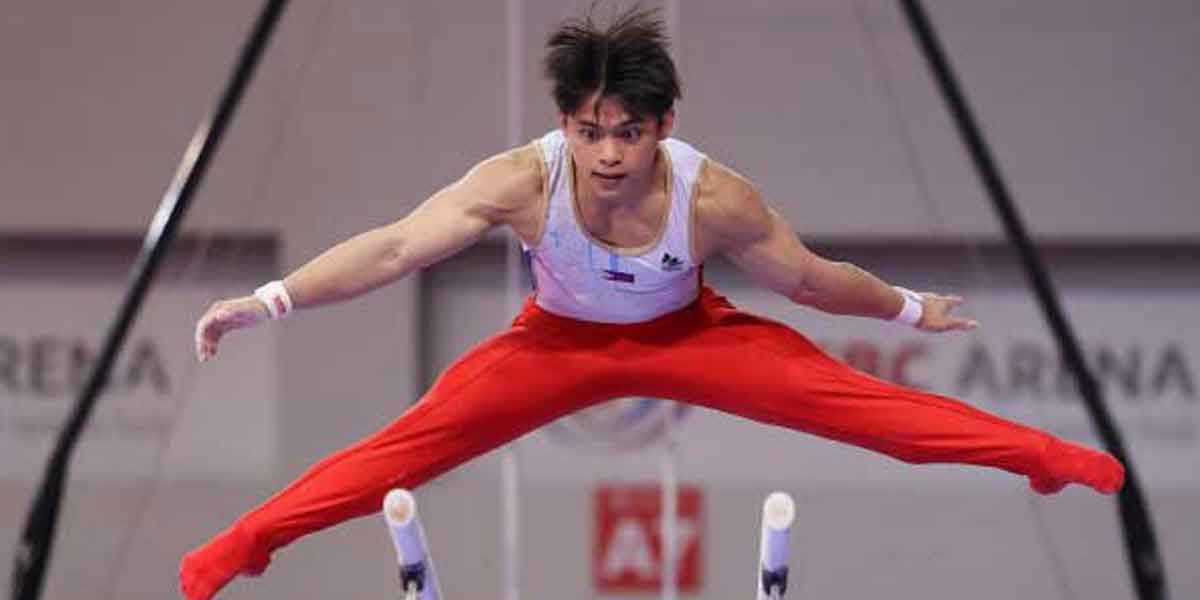 By Herbert Vego
By Herbert Vego
WITHIN minutes of the night President Rodrigo Duterte challenged former Supreme Court Associate Justice Antonio Carpio to a debate, the social media bulged with doubts whether it would push through.
It was probably Duterte’s knee-jerk reaction to Carpio who had been hitting him over his inaction vis-à-vis Chinese incursion at the West Philippine Sea in the wake of overnight convergence of 220 Chinese ships moored at the Julian Felipe reef (175 nautical miles off Batgaraza, Palawan).
And so most of us were not surprised by the subsequent word from Malacañang announcing the President’s decision to back out, allegedly because his Cabinet, Senate President Tito Sotto, and Senator Aquilino “Koko” Pimentel had dissuaded him.
Was it because they feared that the President would be no match to Carpio who is considered an expert on China’s seizure of Philippine territories at the West Philippine Sea (WPS)?
Carpio has been carping about China’s grab of islands that used to be under our jurisdiction, including the Mischief Reef and Scarborough Shoal.
Are the President’s allies afraid that he would defend China instead of his country because of “utang na loob” or debt of gratitude over its donation of Sinovac vaccines?
Carpio could counter that without the “veerus” from Wuhan, China, the world would not be suffering as it does.
Or have they lost confidence in the President’s eloquence? Indeed, he has been blabbering incoherent statements in his video-recorded cabinet meetings.
It would have been normal if it’s the challenged, not the challenger, who chickens out.
Methinks that his spokesman Harry Roque was attempting to cover up the obvious by saying that the debate would do no good to us Filipinos; and that it would be humiliating for the President to debate with an ex-magistrate who is now an “ordinary lawyer”.
Conversely, in that case, would that elevate the social standing of the “ordinary spokesman” if allowed to debate with a retired Supreme Court magistrate?
This writer does not see a Carpio-Roque face-off shaping up. It would be a mismatch between a thinking intellectual and a tinkered automaton.
Needless to say, Sotto and Pimentel fear that the audience would judge the debate in favor of Carpio.
Sad to say, not even these two die-hards could extricate their “mahal na pangulo” from the political quagmire he has sunk himself in.
I have yet to hear a lawyer agreeing with the President that the 2016 ruling of the Permanent Court of Arbitration in The Hague invalidating Beijing’s claim over almost the entire West Philippine Sea is “just a piece of paper”; that it could not alter China’s possession of the disputed island territories.
Let us not forget that in an earlier online speech before the United Nations’ 7th General Assembly on September 23, 2020, Duterte raised the Hague ruling proclaiming the Philippines’ legal victory over China.
He said, “The award is now part of international law, beyond compromise and beyond the reach of passing governments to dilute, diminish or abandon. We firmly reject attempts to undermine it.
“We welcome the increasing number of states that have come in support of the award and what it stands for – the triumph of reason over rashness, of law over disorder, of amity over ambition. This – as it should – is the majesty of the law.”
In the first week of the present month of May, the President blamed his predecessor, Noynoy Aquino, for doing nothing to prevent China from grabbing territories.
That’s a clear lie. It is public knowledge that Aquino was our President when on January 22, 2013, the Philippines filed a case accusing China of violating the Philippines’ sovereign rights in its exclusive economic zone (EEZ), which includes uninhabited islands within 200 nautical miles (370 kilometers) off the country’s coastline.
Carpio was a member of the legal team that represented our country against China at the arbitral court. It was led by then Solicitor-General Florin Hilbay as head, with then-Supreme Court Associate Justice Francis Jardeleza (our fellow Ilonggo) as another member.
China boycotted the hearings, obviously knowing that her “nine-dash line” position would not pass historical scrutiny.
It was in July 2016 (2nd month of Duterte’s presidency) that the tribunal resolved the case in favor of the Philippines and in accordance with the United Nations Convention on the Law of Sea (UNCLOS), thus invalidating Beijing’s alleged jurisdiction.
To quote Atty. Howard Calleja, a law professor at the Ateneo De Manila, “An international court’s decision is much more than just a piece of paper. It is actually based on the collective commitment that countries enter into, stipulating that they will honor, protect and abide by a certain conduct.”
By pronouncing himself “inutile” in protecting national sovereignty on the pretext that “China already owns the territories” and describing Chinese President Xi Jin Ping as a “good friend,” Duterte has already unmasked not just his inconsistency but also his infidelity to the Philippine Constitution, which probably stems from his ambition to remain in power beyond his term of office. To suppose that he would tolerate the country reduced to a satellite or colony of China is not without basis.
Duterte himself has so spoken many times in public, as on February 19, 2018 when he addressed an audience of Filipino-Chinese businessmen, including then Chinese Ambassador Zhao Jianhua.
“f you want,” he quipped, “just make us a province, like Fujian.”
That must have sounded like a joke to the laughing audience, but what if the man sees that scenario – no matter how remote — as a way to stay in power as “governor” of the new “province”? Otherwise, with the expiration of his presidential term in 2022, he could be an ordinary “has-been” facing civil and criminal cases.
Nobody else in his inner circle, alas, appears to be sailing along. While vowing loyalty to the President Foreign Affairs Secretary Teodoro Locsin and Defense Secretary Delfin Lorenzana have been railing against China’s intrusion.
Lorenzana won public admiration when news broke out that a combined fleet from the Philippine Coast Guard (PCG) and the Bureau of Fisheries and Aquatic Resources (BFAR) had driven away seven Chinese ships — probably fishing — at WPS on April 27.
Are there Duterte loyalists now swaying under the influence of greater forces? Certainly, their “courage” is not without explanation.
Itanong kay Manny Pacquiao.
—0—
MORE POWER, LOWER COST
BELIEVE it or not, MORE Electric and Power Corp. (MORE Power) has stuck to its promise to keep energy cost in Iloilo City lower.
One recalls that when MORE Power took over the operation from the previous distribution utility in February 2020, the average residential rate was P11.67 per kilowatt-hour.
As reported by our editor Francis Allan Angelo, MORE Power has gradually lowered that to today’s P10.2777 per kWh. This means that a typical household consuming 300kWh can save P73.05 this month.
It’s mainly because the new franchisee buys electricity from various power generating plants, hence has the option of choice based on the most viable deal at any time.
The sources MORE Power has signed favorable contracts with are Panay Energy Development Corporation (PEDC), Panay Power Corp. (PPC), Aboitiz Power Renewables Inc. (APRI), Korean Power Corporation (KEPCO) and Wholesale Electricity Spot Market (WESM).
Moreover, MORE Power has minimized systems loss by running after power pilferers and filing cases against them. There used to be 30,000 of them.
And because some of these pilferers have opted to legalize by converting into paying users, the number of the latter has increased from 64,000 households to around 78,000.
According to MORE Power President Roel Z. Castro, their conversion into paying customers is a result of “effective persuasion”. Even informal settlers may now legally connect in five easy steps, including filling up an application form, presenting a government-issued ID card, barangay certificate of residency, permit for temporary service connection with electrical plan and vicinity, and oath undertaking. They may pay their connection fees in easy installments.





















